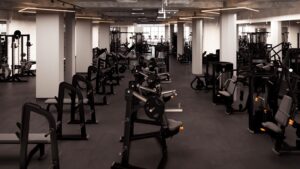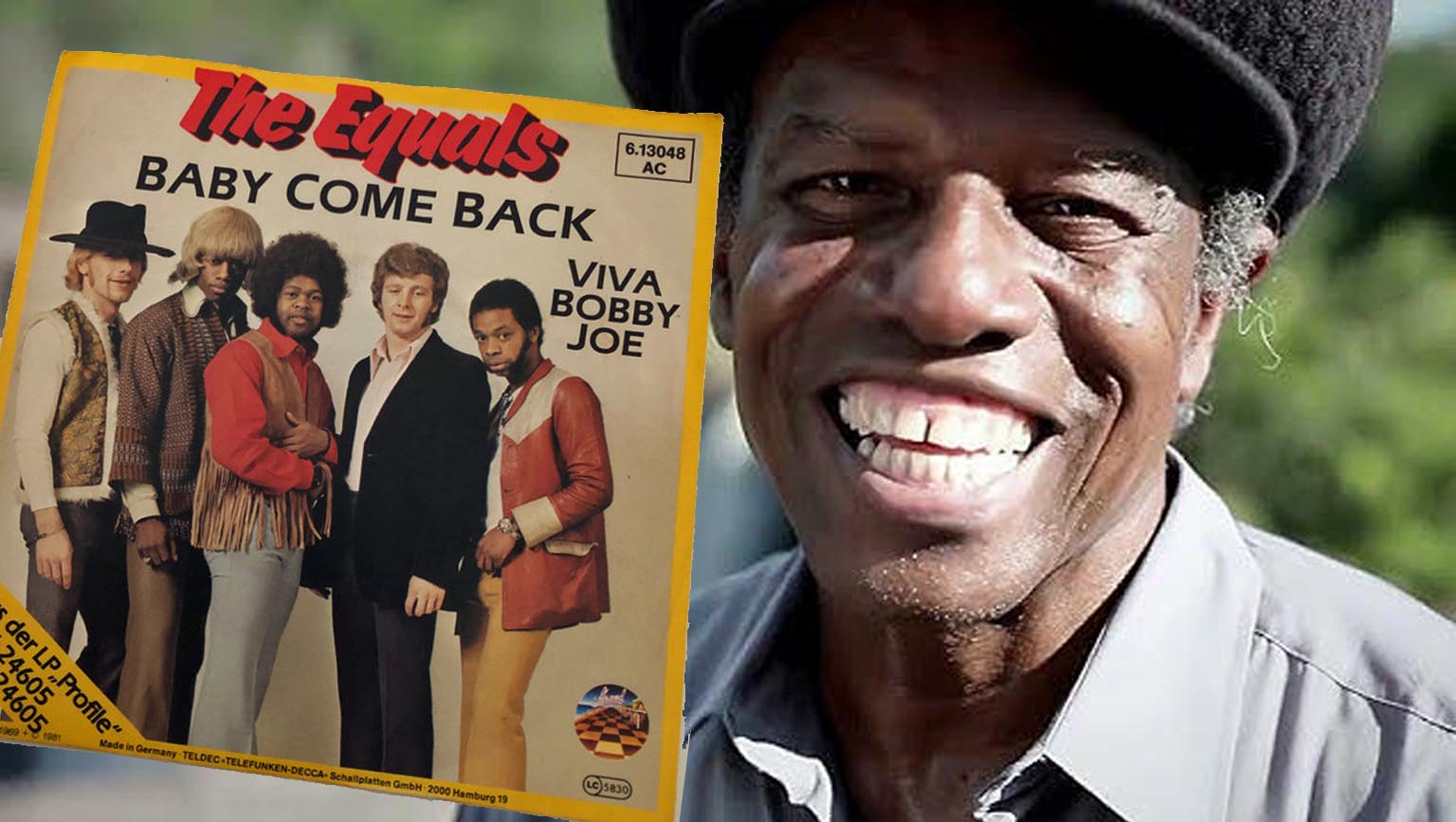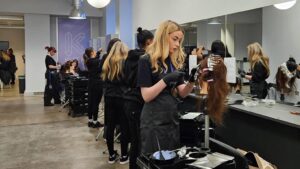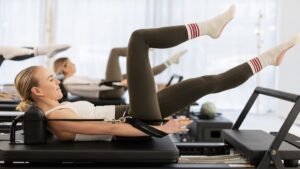
The Basement Gym + Studio opens in Camden Town
Camdenist readers get 50% off their first month’s membership, too

Growing up living in Kentish Town in the 1960s, Guyanese-born future global pop superstar Eddy Grant had to contend with the endemic racial prejudices of the day. But rather than become resentful, he sensed that change was coming and wanted to make sure he was leading the way.
The now 75-year-old musician – who was honoured this week by the Music Walk of Fame with his own stone set into Camden High Street – was a talented young sportsman, as well as a member of groundbreaking multi-racial group The Equals.
In a series of album cover photographs taken in 1968, the singer has a shock of blonde hair. At this week’s inauguration Q&A, he explained the look to Echoes Magazine’s Kevin Le Gendre, revealing how the hair, along with the clothing the band all wore, helped chip away at the UK’s tired ideas around race and ushered in an altogether more colourful era.
Here’s Eddy’s story in his own words:
“There was this guy called Brian Summerville who was The Beatles first PR, and on this occasion he was talking football on the stairs at a publisher’s office in Denmark Street. He said ‘the problem with black players is that they ain’t got no bottle. They don’t get in there’. I stopped and asked, ‘what did you say? I’ve got bottle. And I can play football.’
And he said ‘for example Eddy, you can’t make your hair blonde. Black people would hate you and white people would hate you.’ So I immediately ran off down Shaftesbury Avenue to a barbers and asked ‘excuse me, is there any wany you can dye my hair white?’ And the whole of the shop looked up and laughed at me.
The barber said he has some kind of bleach, so I put my head down and he started to work on it, and my hair first went brown, then to a sort of goldish, and then straight to white. When I saw it in the mirror I thought Jesus Christ! And I was just about to get married as well!
I thought I looked like shit, and then I recognised that it was because my eyebrows were black, so I asked if he could do anything about that too. Well soon after my face was all glazed and I was in a state. When I was finished the barber said he didn’t even want to take the money from me.
It was a Friday afternoon, and I walked back to the offices on Denmark St, and cars were bumping into each other with people staring at me, so next I’m running down Charing Cross Road, and I finally get to the toilet at the offices and look at myself and think – what are you going to tell your mum and dad?! Your girlfriend?! I got on the bus all the way from the West End to Kentish Town, and by the time I got there I was emotionally knackered. I didn’t know what I was going to tell everyone, but I knew I just wanted to show this guy that us black guys have got bottle.
When I saw Brian Summerville next he said ‘kin ‘ell – you done it!’ and I said ‘one day you’re going to have a lot of guys like me, playing football for England, running for England, doing all kinds of things, because they all have the same amount of bottle.’
When we started The Equals, everyone in England wore a suit. All music artists wore suits; The Beatles, everyone. The Equals did not wear suits – we wore what the hell we liked, and it was all Caribbean colours, reds, blues, lime green, yellows.
But piece by piece, I saw things change. Engelbert Humperdink and Tom Jones started wearing silks. Ridiculous-looking shirts with long collars, and the industry changed. Carnaby Street’s famous Colin Wild experimented on us with silk. The Bay City Rollers trousers were my trousers first, but nobody ever said that, because ‘he is black’. We still change that though, we changed so many things in England that have not been recognised, but I used to say, ‘trust me, they will. They will recognise the footballers, the runners, the jumpers, the politicians – all of them. We deserved to be recognised.” – Eddy Grant
The many achievements of Eddy Grant have indeed been recognised by the Music Walk of Fame. Find out more about the project and where you can see Eddy’s stone on Camden High Street.

Camdenist readers get 50% off their first month’s membership, too

A brand new hairdressing and barbering academy has landed in Camden Town and is now seeking style-conscious models and enthusiastic trainees

We speak to founder, Sol, about bringing the studio to Kentish Town

Explore the neighbourhood’s brand new neighbourhood